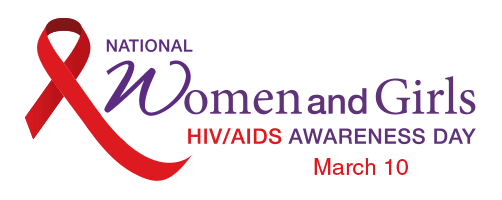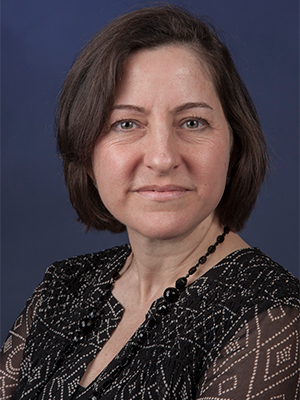Downstate Leaders Transform HIV Research and Care for Women
By Office of the President | Mar 11, 2025

National Women and Girls HIV/AIDS Awareness Day, observed annually on March 10, highlights the disproportionate impact of HIV/AIDS on women and girls, especially in underserved communities. This day underscores the urgency of targeted prevention, testing, and treatment strategies to reduce disparities and improve health outcomes.
Since 1990, Downstate’s Special Treatment and Research (STAR) Program has been at the forefront of HIV/AIDS care and research for women. Led by Jack DeHovitz, M.D., MPH, MHCDS, Distinguished Service Professor, and founded alongside Howard Minkoff, M.D., Chair Emeritus of Obstetrics and Gynecology, STAR provides comprehensive clinical services, including gynecological and prenatal care, mental health support, and case management, ensuring holistic, patient-centered care. Under Dr. DeHovitz’s leadership, the program continues to drive groundbreaking research, advancing care for women living with HIV/AIDS.
As reported by TheBody, a trusted resource for HIV-related information, and TheBodyPro, its sibling site dedicated to the HIV workforce, the Centers for Disease Control and Prevention documented the first case of AIDS in a woman in the United States in 1981. This milestone marked a turning point in understanding how the epidemic affected women, highlighting their unique healthcare challenges and vulnerabilities. It spurred greater awareness, advocacy, and research, shaping more inclusive approaches to HIV/AIDS prevention, treatment, and support for women.
A significant achievement of the STAR Program is its long-standing role in the Women’s Interagency HIV Study (WIHS), launched in 1994 by Dr. Minkoff. This study produced pioneering research on HIV’s impact on women. In 2019, WIHS merged with the Multicenter AIDS Cohort Study to form the MACS/WIHS Combined Cohort Study (MWCCS), more broadly expanding HIV research across Brooklyn and the U.S.

Deborah Gustafson

Tracey Wilson

Susan Holman
Deborah Gustafson, Ph.D., MS, Neurology Professor and Neuro-Epidemiology Director, and Tracey Wilson, Ph.D., Distinguished Service Professor and Vice Dean for Faculty Affairs and Research in the School of Public Health, lead MWCCS. Dr. Gustafson explores HIV’s effects on mental health and aging, while Dr. Wilson focuses on healthcare empowerment and engagement. Susan Holman, DrPH, RN, MS, has directed WIHS and MWCCS since their inception, building on her leadership in Downstate’s Perinatal HIV Transmission Study from 1985 to 1993.

Tonya N. Taylor

Sabina Hirshfield

Ashley Grosso
Women at Downstate continue to lead groundbreaking research and interventions in HIV. Deborah Gustafson, Ph.D., MS, Professor of Neurology and Director of Neuro-Epidemiology, and Tracey Wilson, Ph.D., Distinguished Service Professor and Vice Dean for Faculty Affairs and Research, co-lead MWCCS. Dr. Gustafson investigates HIV’s impact on mental health and aging, while Dr. Wilson focuses on healthcare engagement.
Susan Holman, DrPH, RN, MS, has directed WIHS and MWCCS since their inception, building on her leadership in Downstate’s Perinatal HIV Transmission Study (1985–1993). Tonya N. Taylor, Ph.D., Assistant Professor of Medicine, develops HIV prevention strategies for older women. Sabina Hirshfield, Ph.D., Visiting Associate Professor in the STAR Program, leads eHealth prevention studies utilizing digital messaging and engagement strategies. Ashley Grosso, Ph.D., Visiting Associate Professor of Medicine, examines HIV-related stigma and its impact on vulnerable populations.
This vital work advances our understanding of HIV’s effects across diverse populations, leading to more effective interventions and improved health outcomes. By addressing the intersections of aging, mental health, healthcare access, and stigma, these efforts are shaping the future of HIV prevention and care.
We extend our gratitude to our Downstate colleagues for their dedication to HIV/AIDS care, research, and advocacy—driving innovation to reduce health disparities and improve lives.
Tags: HIV, Commemorative Months